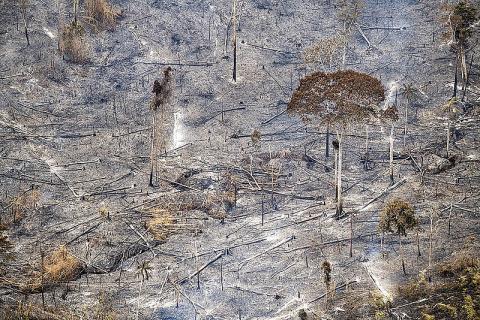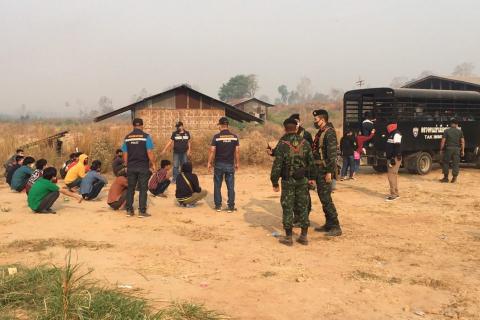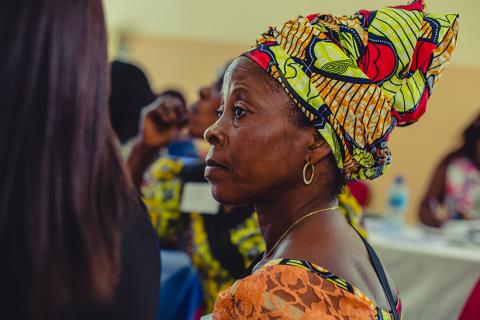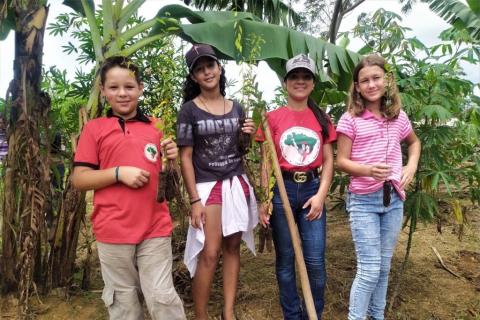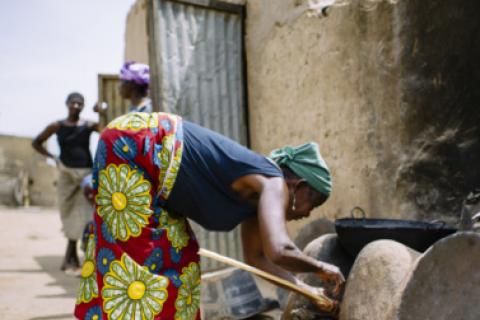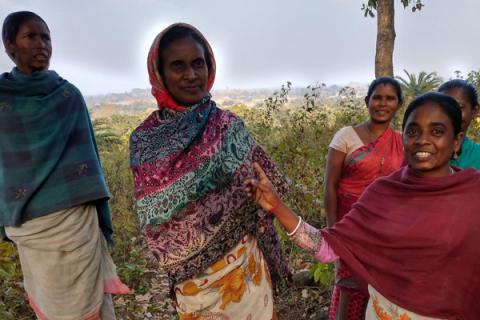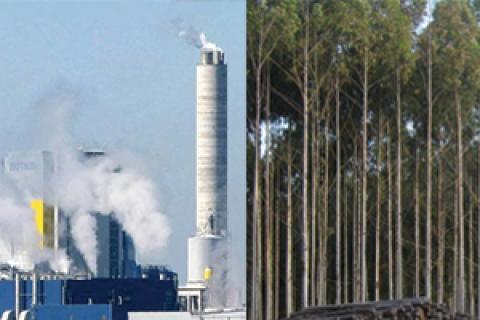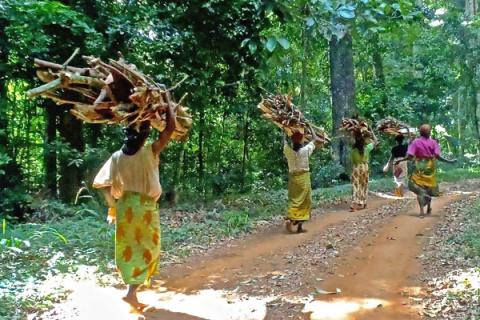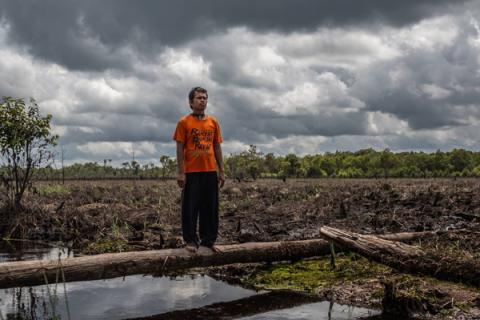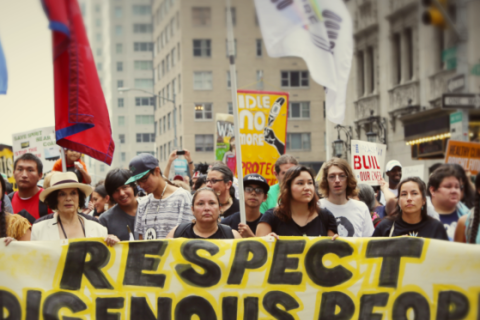Other information
In the opening article for the Focus on the Global South newsletter, Shalmali Guttal alerts on how lockdowns in Pakistan, India, Thailand, Vietnam, Cambodia, Myanmar and Philippines have left millions of informal sector, agricultural and migrant workers, street vendors, and entertainment and hospitality workers stranded without wages, shelter, food and health care, and have prevented farmers, fishers and herders from crucial food production activities.
The African women network against resource extraction (WOMIN) has compiled useful information for activists confronting the measures against the pandemic.
500 native trees and 500 fruit trees were planted at the Maila Sabrina camp, during the closing of the Training Course for Pedagogical Collectives of the Schools of the Landless Rural Workers Movement (MST) in Paraná. The action is part of the National Plan “Plant Trees, Produce Healthy Foods”, launched by the MST at the end of 2019, with the goal of planting 100 million trees throughout Brazil, over 10 years. The mystical and political act of planting trees denounced the perverse and destructive logic of agribusiness and the mining market.
Martin Khor (1951-2020), Third World Network's Chairman and former Director, passed away on 1 April 2020 in his home in Penang, Malaysia. Martin was one of the founders of the WRM.
The September 2019 Forest Cover newsletter from the Global Forest Coalition focuses on the bioenergy developments and use in West Africa and how they are impacting women and forests. From bioenergy produced in large-scale, requiring huge areas of land to provide the raw materials, to the ubiquitous household and community-scale energy needs, where wood is collected mainly by women. Clean cookstove projects are increasingly being tied to commercial tree plantations that produce “clean charcoal”, and eucalyptus trees are being planted on a large-scale purely to burn in a power station.
The People’s Climate Report, from the People’s Climate Network, is designed to offer a perspective on climate change from the bottom up. It aims to understand how communities across the world experience the changing climate. This report offers a glimpse of experiences and voices from communities dealing with a changing climate in West Bengal, Odisha, Jharkhand, and Chhattisgarh, parts of India where waters and forests are increasingly under threat from climate change, deforestation, and lop-sided development.
Social organizations from Uruguay, Finland and other countries, together with well-known professionals, presented the results of scientific research carried out over the past 15 years on the impacts of monoculture tree plantations on grasslands, refuting the "green washing" of UPM company, which presents itself as a leading global corporation in the fight against climate change, the defense of biodiversity and the sustainable water management.
On January 2020, the Dutch National Contact Point for the Organization of Economic Co-operation and Development (OECD) declared a complaint from three Friends of the Earth groups (Milieudefensie -Netherlands, SDI -Liberia and WALHI -Indonesia) against the ING bank, admissible.
This 1992 book, edited by Wolfgang Sachs, compiles more than 15 key concepts that served as a basis for, and a way to expand, destructive discourse about “development.” Each of the concepts analyzed in the book synthesizes a set of assumptions that reinforce the Western world view, wherein certain aspects and subjects of reality are highlighted and others are excluded. This is a necessary reflection that is still current today.
Another reflection around a key concept for forests and forest-dependant people is the WRM’s Bulletin 234, from November 2017, which reflects on the concept of Rights.
